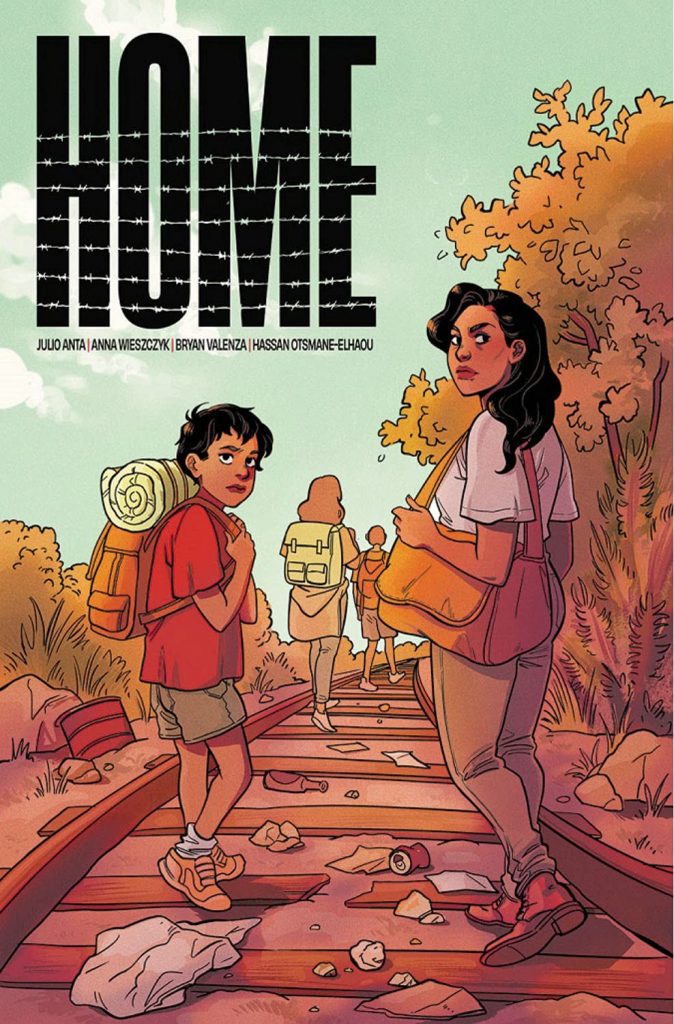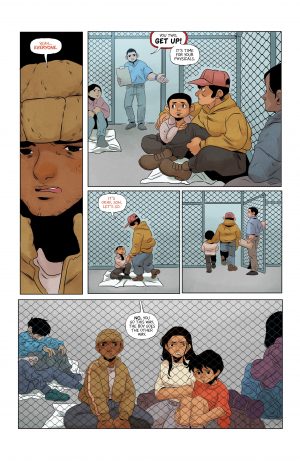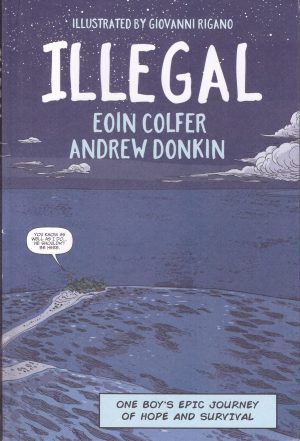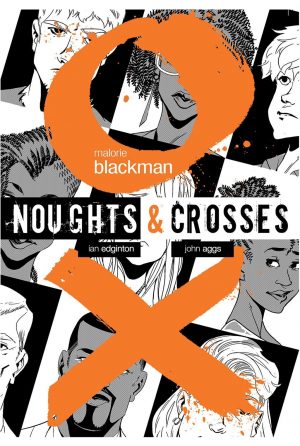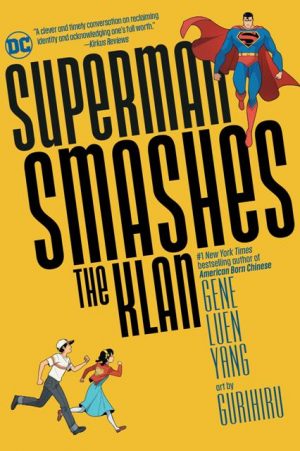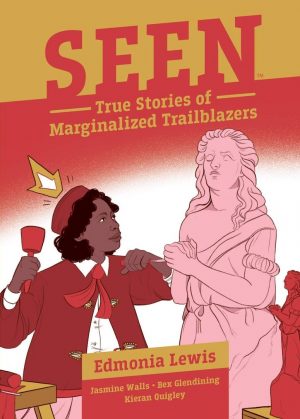Review by Frank Plowright
So much conventional English language news spouts the same demonising message about refugees and economic migrants, glossing over inhumane treatment by invoking protection and security. Home presents the other side of the story.
Julio Anta opens with Guatemalan Juan and his mother arriving at the US border after a long and gruelling journey shown over three pages. They’ve picked the wrong time. Donald Trump has just instituted a policy of separating children of prospective immigrants from their parents. Although fictionalised, Home’s opening chapter is based on real experiences, and what Juan and Mercedes go through should shame people belonging to any society that considers itself progressive and civilised. It begins a tour through indignity and persecution, beginning with children who only speak Spanish being shouted at in English and punished for not obeying instructions they can’t understand.
There’s a very clever switch at the end of the opening chapter. Because that’s been grounded in reality despite the attractive wide-eyed cartooning supplied by Anna Wieszczyk, what happens is at first difficult to take in. However, it’s a smart move on Anta’s part, because a story intended to educate a young adult audience needs something more than misery to make its point. Juan is separated from his mother, and tension is generated by his being hunted down by the American authorities. As that goes on we learn about the family history, how Juan’s father died and Juan’s legacy.
Extensive notes after the story suggest discussion points, but one not obviously mentioned is interpretation of events, where what readers saw at the end of the first chapter is exaggerated for purposes of justification to start the fourth. It happens again in the fifth. Both Anta and Wieszczyk characterise Juan as an innocent not in control of his circumstances, which makes what happens to him an ongoing tragedy.
An overly wordy ending leaves the door open for a sequel, but should it appear, it’s difficult to imagine it having the same impact. This informs and entertains, and putting a face to persecution ought to prompt thought in all but the most callous readers.
The back of the book notes are provided by an organisation called Re-Imagining Migration. They’re aimed at those using Home as a teaching tool, and are well-intentioned, but a depressingly jargon-heavy set of pages more likely to muddy comprehension than aid it. Some teachers may also feel patronised by the tone.
